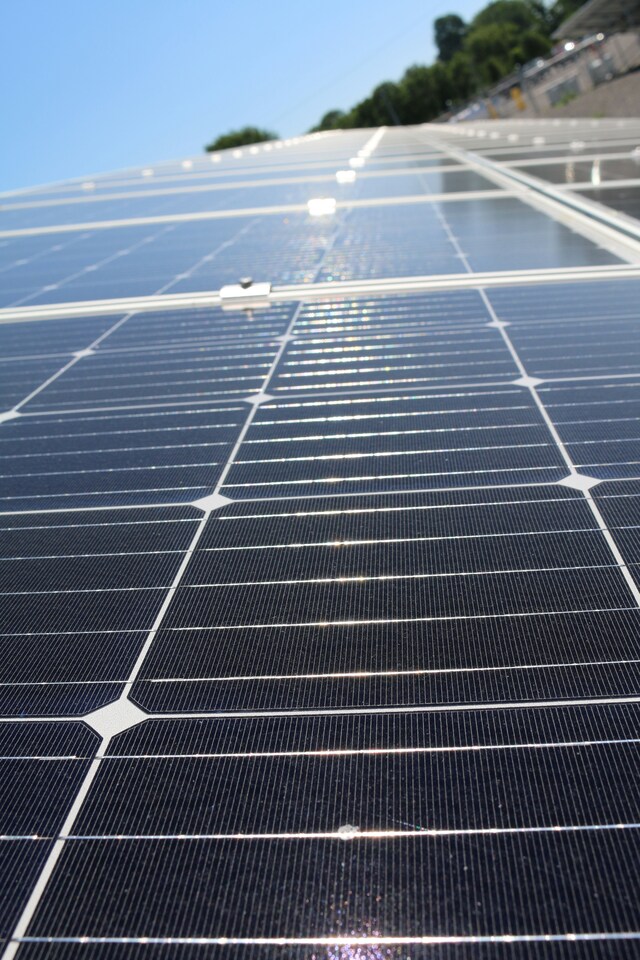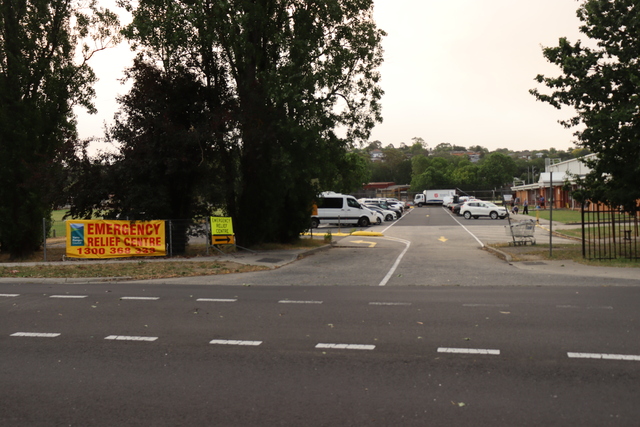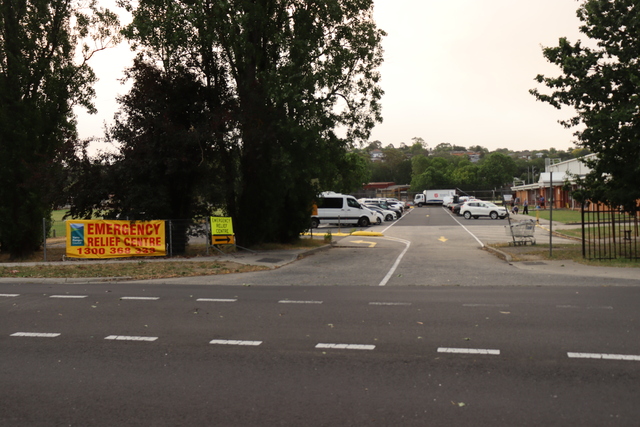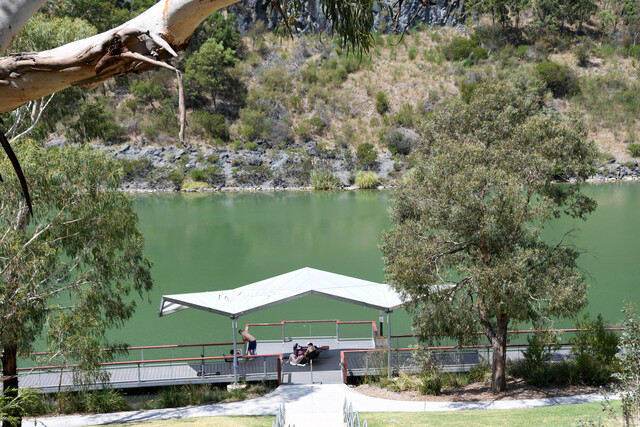Power bills could soon be a thing of the past for thousands of Australian households, thanks to the Federal Government’s new solar battery rebate – and for many families feeling the pinch, it couldn’t come at a better time.
From 1 July 2025, the Cheaper Home Batteries Program will offer eligible homeowners a 30 per cent upfront discount on the cost of installing a home battery. When combined with state-level rebates and other environmental incentives, the rebate is set to make battery storage more affordable and more accessible than ever before.
Chief executive officer of Solar Battery Group, James Hetherington said this is a turning point for households looking to gain control over their energy bills.
“We’ve installed thousands of batteries in homes across Australia since 2016 and many of those families are already enjoying bill-free energy,” Mr Hetherington said.
“For some, when coupled with the existing rebate offer for their state, becoming bill free can happen even quicker. The modelling exists to say that this is the best lever that can be pulled to help Australians save money on their energy costs.”
Mr Hetherington said the demand for battery storage has always been there, but for many families, the price has simply been out of reach. With energy prices continuing to rise, battery storage is no longer a luxury but a vital part of a home’s energy system.
“Solar panels on their own only help while the sun is shining,” he said.
“A battery lets you store that energy and use it at night – when prices peak. It’s the key to real, long-term savings.”
With more than 26,000 battery systems already installed across the country, Solar Battery Group is preparing for a surge in demand, particularly in regional communities like Victoria’s Yarra Ranges.
Mr Hetherington said the Yarra Ranges is well-equipped to manage the expected interest.
“Greater Melbourne already has a deep pool of accredited installers – with dozens based in or regularly servicing the Yarra Ranges,” he said.
“We’ve secured increased stock to meet the demand and will field dedicated crews servicing the region through our in-house customer service team.”
Mr Hetherington said that upfront costs might remain a challenge for some – especially those in rural or bushland parts of the region.
“The 30 per cent federal discount can be paired with green-energy loans from lenders, which Solar Battery Group can organise directly for you,” he said.
“There is other support included when signing up to participate in the virtual power plant and council sustainability grants, ensuring rural owners are not excluded.”
Beyond the household savings, Mr Hetherington believes this shift toward solar storage will have lasting benefits for the broader energy system.
“Every battery is like a personal reservoir,” he said.
“It captures unused solar energy and releases it during the evening peak. A few thousand batteries across the Ranges could shave megawatts off the grid’s demand.”
With more batteries linked through virtual power plant platforms, communities could soon operate like small-scale power grids – making energy cleaner, cheaper, and more stable for everyone.
For homeowners considering making the switch, Mr Hetherington offered some practical advice.
“Start by looking at your overnight usage – most families fall between 8kWh and 15kWh,” he said.
“Choose lithium-iron-phosphate batteries with at least 6000 charge cycles and a 10-year warranty that covers both time and energy throughput. Make sure the brand is on the Clean Energy Council approved list and installed by an SAA-accredited technician.”
He also warned against going too small or chasing the lowest quote.
“Avoid buying too small to cover winter evenings, and resist the temptation to chase the cheapest quote without checking local service support,” he said.
“This rebate is a one-time offer per household, so there is some sense in getting the biggest you can afford – do it once, and do it properly.”
For solar battery advocate Brian Wallis, the benefits have already been life-changing. He installed his first battery in 2020 to help manage soaring power bills. Since then, he’s added three more, and his energy costs have dropped from $400 a month to just $12.
“It’s been a life-changer,” he said. “Not just for our bills, but for how we think about energy. It feels good knowing we’re generating and storing our own power.”
With the Federal Government’s rebate just around the corner, Mr Hetherington encourages households to start preparing now.
“We’ve got the tech, we’ve got the support systems, and we’ve got the modelling to show this works,” he said.
“For many families, this is the pathway to finally breaking free from the energy bill cycle – and doing something positive for the planet in the process.”
For more information or to find out how the rebate works in your area, visit www.solarbatterygroup.com.au.

















